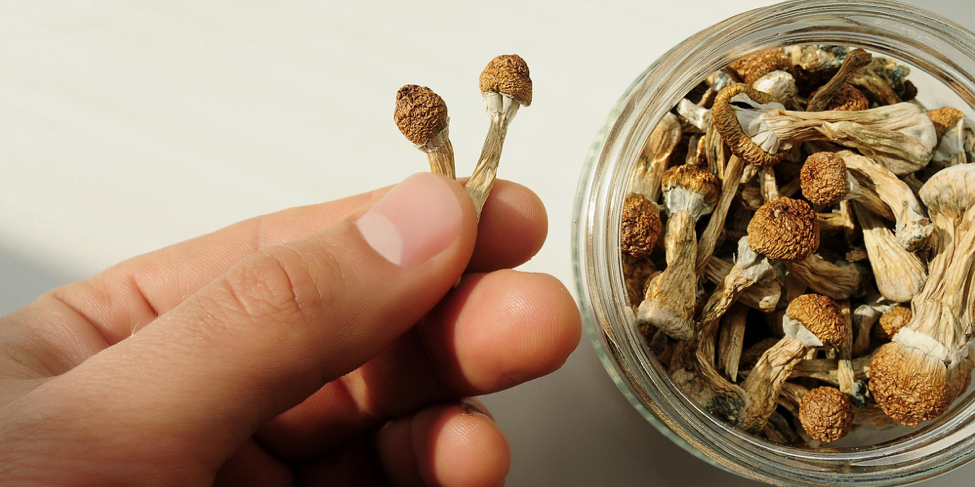Magic mushroom microdosing is a practice that involves consuming sub-perceptual doses of psilocybin-containing mushrooms, typically at levels too low to induce psychedelic effects. Instead of seeking the profound altered states of consciousness associated with standard or recreational doses of magic mushrooms, microdosers aim to experience subtle, cognitive, and mood-enhancing effects. Here’s a closer look at magic mushroom microdosing:
Key Characteristics of Magic Mushroom Microdosing:
- Sub-Threshold Doses: Microdoses of magic mushrooms are typically around 1/10 to 1/20 of a standard recreational dose. This varies depending on individual sensitivity and the specific mushroom species.
- Minimal to No Psychedelic Effects: The goal of microdosing is to avoid hallucinations, perceptual distortions, and other pronounced psychedelic experiences. Microdosers seek to maintain regular daily activities without impairment.
- Regular Schedule: Microdosers often follow a schedule, such as taking a microdose every third or fourth day. This helps prevent tolerance from developing and maintains the desired effects.
- Personalized Dosage: Finding the optimal microdose can be a process of trial and error. It varies from person to person, and individuals often adjust their dosage to achieve the desired effects.
- Enhanced Creativity and Mood: Advocates of microdosing report improved creativity, focus, mood, and energy levels. Some claim it helps with problem-solving, productivity, and overall well-being.
- Potential Therapeutic Benefits: While research on the therapeutic effects of microdosing is ongoing, some anecdotal reports suggest that it may have potential in alleviating symptoms of depression, anxiety, and PTSD. However, more scientific studies are needed to validate these claims.
- Minimal Side Effects: Microdosing is generally considered safe, with few reported side effects. However, individuals may still experience mild effects like changes in appetite, restlessness, or slight gastrointestinal discomfort.
- Legal Considerations: The legal status of magic mushroom microdosing varies by jurisdiction. In some places, possessing or using psilocybin-containing mushrooms is illegal, even in small amounts. Be sure to research and understand the laws in your area.
Why People Microdose with Magic Mushrooms:
People engage in magic mushroom microdosing for various reasons, including:
- Enhanced Creativity and Productivity: Some individuals believe that microdosing can help boost creativity, focus, and productivity in their work or creative endeavors.
- Mood Regulation: Microdosing may contribute to improved mood, reduced anxiety, and increased emotional well-being for some users.
- Therapeutic Potential: Some people explore microdosing as a potential treatment for mental health conditions, including depression and anxiety. However, it’s essential to note that more research is needed to understand its therapeutic efficacy fully.
- Personal Growth and Self-Exploration: Microdosing can be seen as a tool for self-discovery and personal development, facilitating introspection and self-reflection.
- Reduced Side Effects: Microdosing can offer some of the potential benefits of psychedelics while minimizing the intensity of the psychedelic experience and potential side effects.
It’s important to approach magic mushroom microdosing with caution and responsibility. While many users report positive effects, it may not be suitable for everyone, and individual responses can vary. If you’re interested in microdosing, consider starting with a very low dose and carefully monitoring its effects. Additionally, consult with a healthcare professional, especially if you have underlying medical conditions or are taking other medications.


